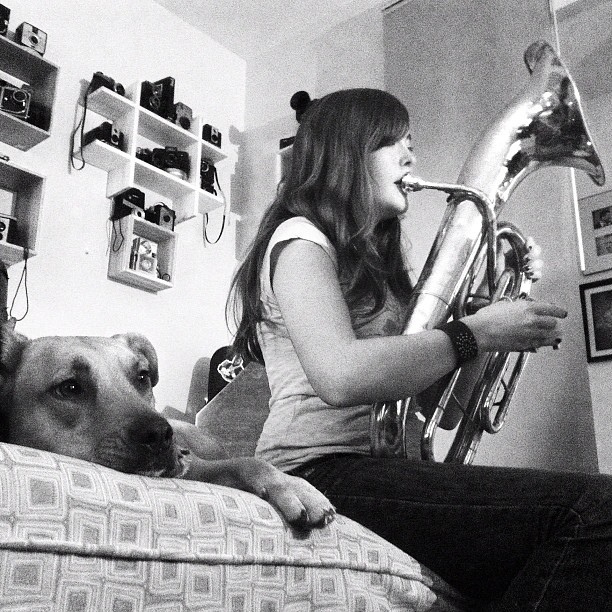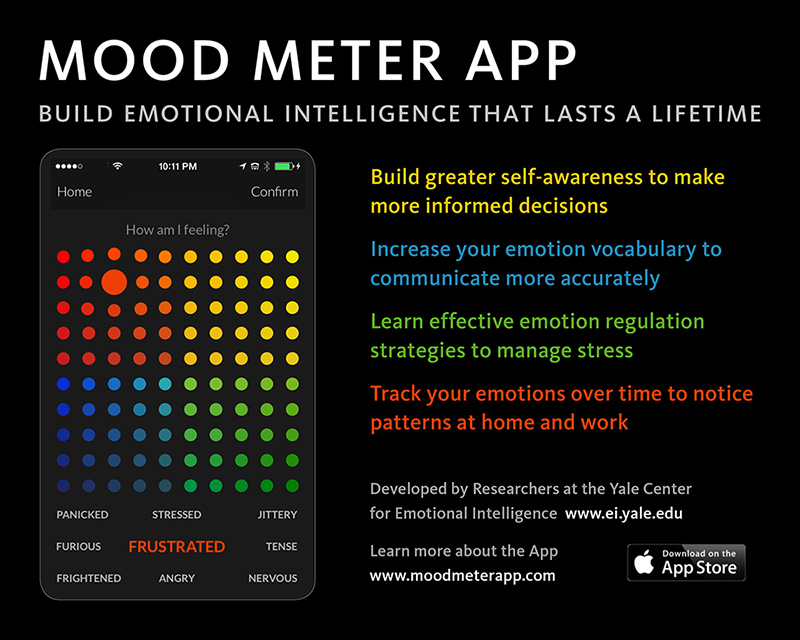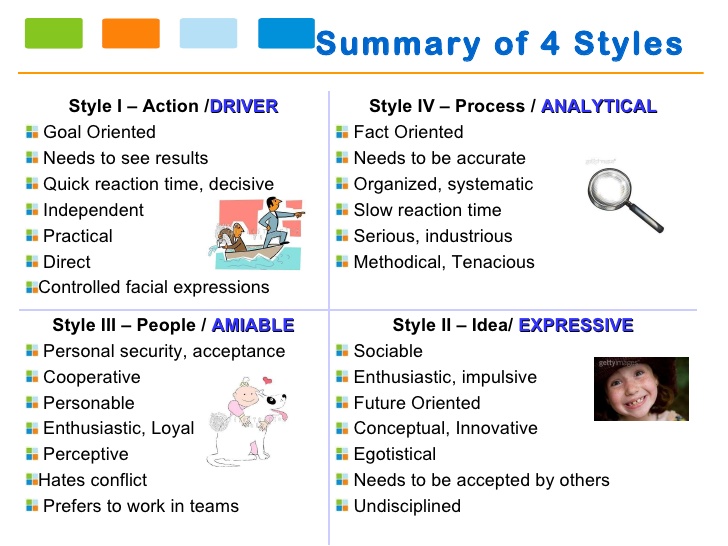Now comes the fun part: ideation! This is the stage of the creativity problem solving process where you generate a lot of wild, crazy ideas in order to come up with an innovative solution to the problem you are solving. When we last left our music entrepreneurs in my Innovation and Collaboration Class at the Yale School of Music, the …
Creativity for Music Entrepreneurs Part II: 3 Steps to Clarify Your Problem
My class on Innovation and Collaboration at the Yale School of Music is designed to teach music entrepreneurs how to innovate by solving a problem near and dear to their hearts in the world of classical music. My students are creative individuals who are eager to do something meaningful with their music. They also want to come up with solutions that have …
Creativity For Music Entrepreneurs Part I: 5 Steps to Find Your Cause in the World of Classical Music
This semester, 16 students in my class on Innovation and Collaboration class at the Yale School of Music are tackling the issue of the sustainability of classical music in the 21st Century in order to get closer to the Ideal World of Classical Music. These students are not just superb musicians but they also aspire to be cultural leaders who want …
Know Your Core Values: 4 Tips to Help You Do the Right Thing
I am a big believer in the importance of knowing your core values as a compass for making major decisions. The more that you align with your core values, the clearer you can be when it comes to making choices in one’s career, personal life, relationships and creative activities. This month, I am honored to be featured in an article …
How Music Entrepreneurs Leverage Strengths: The First Step to Masterful Collaboration
What is the secret of successful collaboration? One key element is trust, based on a recognition that the members of a collaborative group have a high degree of respect for each other’s strengths, expertise and knowledge. An outstanding example of a successful collaboration is the Brentano String Quartet, the quartet in residence at Yale. Last year, I had the pleasure …
Get the Most From Your Practicing: How Music Entrepreneurs Use the Growth Mindset for Optimal Results
Do you feel stuck in the practice room? You are not alone! All those hours of practicing can be frustrating and make you feel that you will never make it as a musician in the professional world. Enter the growth mindset, one of the most powerful concepts to help music entrepreneurs achieve success. The growth mindset is the brainchild of …
How Music Entrepreneurs Stay Positive: 4 Mindset Strategies to Help Through Tough Times
My coaching groups at Yale are going strong! Students appreciate having a confidential forum where they can share successes and challenges with a trusted group of peers and learn new strategies for creating sustainable careers. With the semester winding down in a few weeks, our students, especially those who are graduating, are finding it a challenge to keep their spirits up …
Emotional Intelligence for Music Entrepreneurs: Master Your Moods for Better Collaboration
If you were a fly on the wall in my Innovation and Collaboration class last semester at the Yale School of Music (as well as in my class coaching group this semester), you would hear students talking about being in the “red” or the “yellow” zone. What they are referring to is the Mood Meter, an app developed by the …
Know Your People: How Music Entrepreneurs Can Expand the Audience for Classical Music
Audience engagement is all the rage these days as the classical music field grapples with how to stay relevant in today’s culture. Many of us are asking the question of what do today’s audiences REALLY want. In my class at Yale last semester, we took up this question as part of our collaborative projects. The charge to my students was …
Collaboration for Music Entrepreneurs: How to Leverage the Four Communication Styles for Optimal Results
One of the tenets of successful collaboration is that there are no leaders. Instead, each member of the collaborative group is an equal partner in the outcome and takes ownership of a part of the project. Members step up as needed and then recede when another role is required. Think of Balanchine choreography where dancers come forward when it is their …





